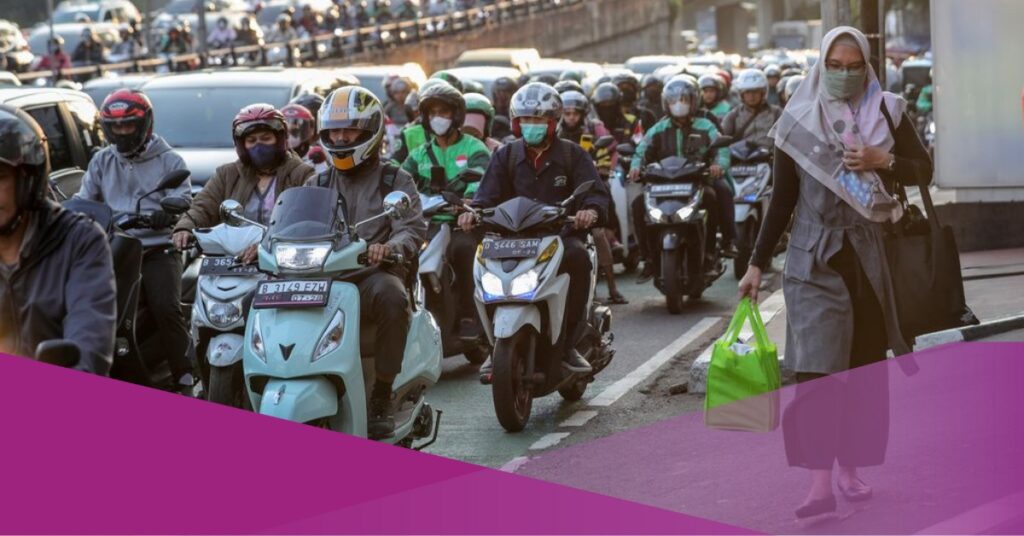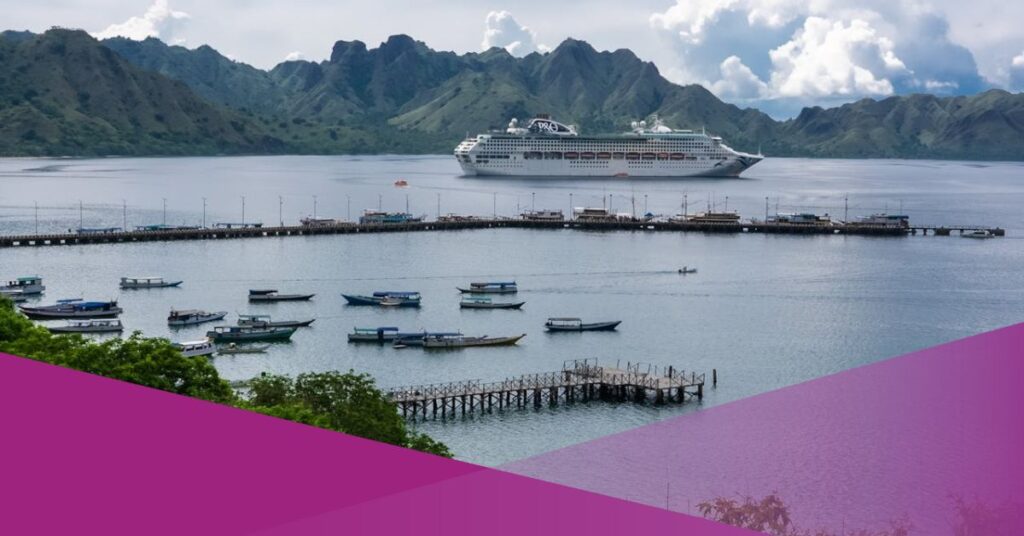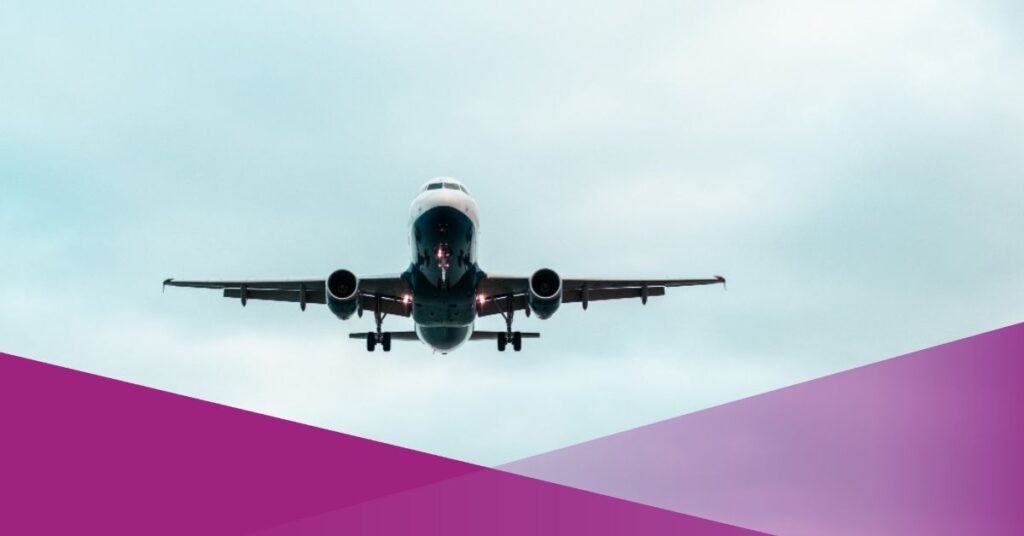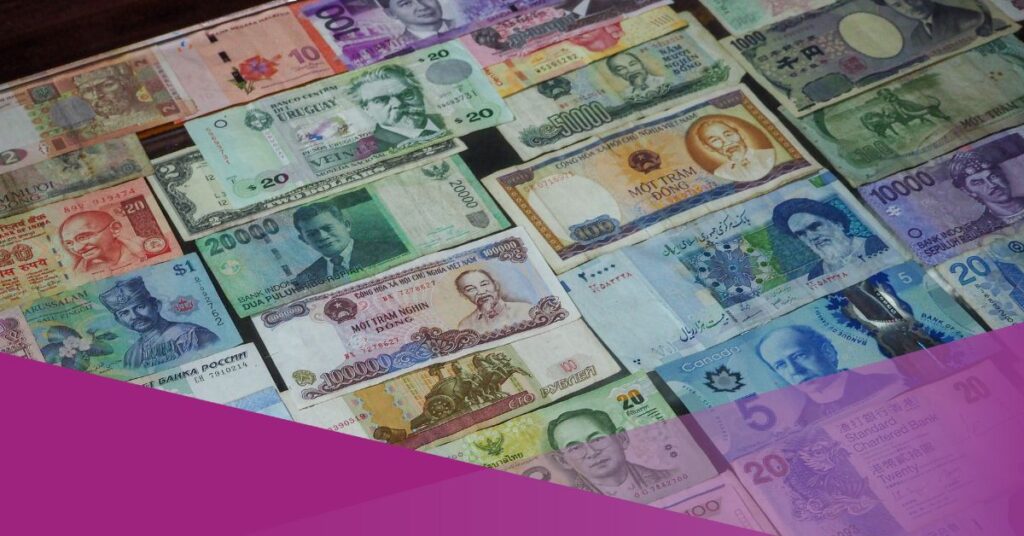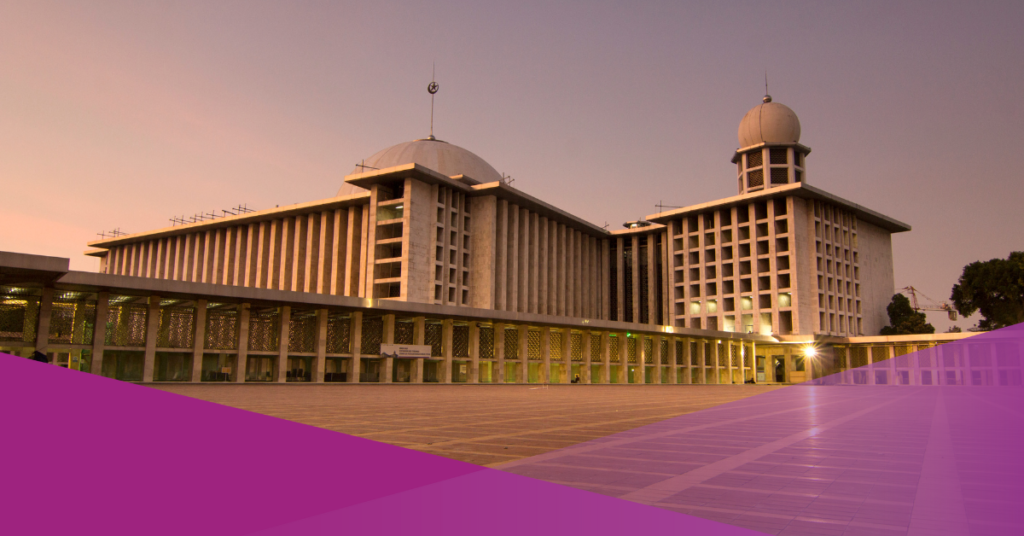The Indonesian government’s proposal to raise motorbike taxes has faced significant public backlash. Coordinating Minister for Maritime Affairs and Investment, Luhut Binsar Panjaitan, is currently reassessing this plan as of Thursday, 18th January 2024.
The proposed hike in motorbike taxes is part of the government’s strategy to boost revenue by imposing taxes on gasoline-powered motorbikes. The generated funds are intended to be allocated for public transportation subsidies, including projects like the LRT or high-speed trains.
Luhut Binsar Pandjaitan’s spokesperson, Jodi Mahardi, clarified that the proposal to increase motorbike taxes is currently only in the planning stage and won’t be implemented soon.
“The Coordinating Minister did not mention an imminent increase in motorbike taxes. This was part of a series of initiatives focused on enhancing air quality in Jabodetabek, discussed in a recent cross-ministerial and institutional coordination meeting,” explained Jodi, as reported by Antara.
Igun Wicaksono, the General Chairperson of the Indonesian Garda Online Motorbike Taxi Driver Association, swiftly voiced his opposition to the potential motorbike tax increase. He argued that such a tax hike would elevate their operational expenses, and he strongly disagreed with any increase in taxes.
The potential increase in motorbike taxes has raised concerns, especially among the millions of online motorcycle taxi drivers in Indonesia. Igun Wicaksono, the General Chairperson of the Indonesian Garda Online Motorbike Taxi Driver Association, expressed the hope that the government would consider providing incentives for motorcycle taxi drivers in terms of vehicle tax, rather than imposing additional taxes.
Coordinating Minister for Maritime Affairs and Investment, Luhut Binsar Panjaitan, clarified that the proposed tax hike is still in the planning stage and discussed as part of efforts to address air pollution in Jabodetabek. Luhut suggested the possibility of increasing taxes on non-electric motorbikes to subsidize projects like LRT or high-speed trains, aiming to achieve equilibrium in reducing air pollution.
However, Yusuf Rendy Manilet, an economist from the Center of Reform on Economics (CORE), argued that the government should focus on improving the current public transportation system instead of burdening the purchasing power of Indonesia’s lower-middle class. He emphasized the need for a more capable and integrated public transportation system, addressing existing gaps in several cities across Indonesia.
